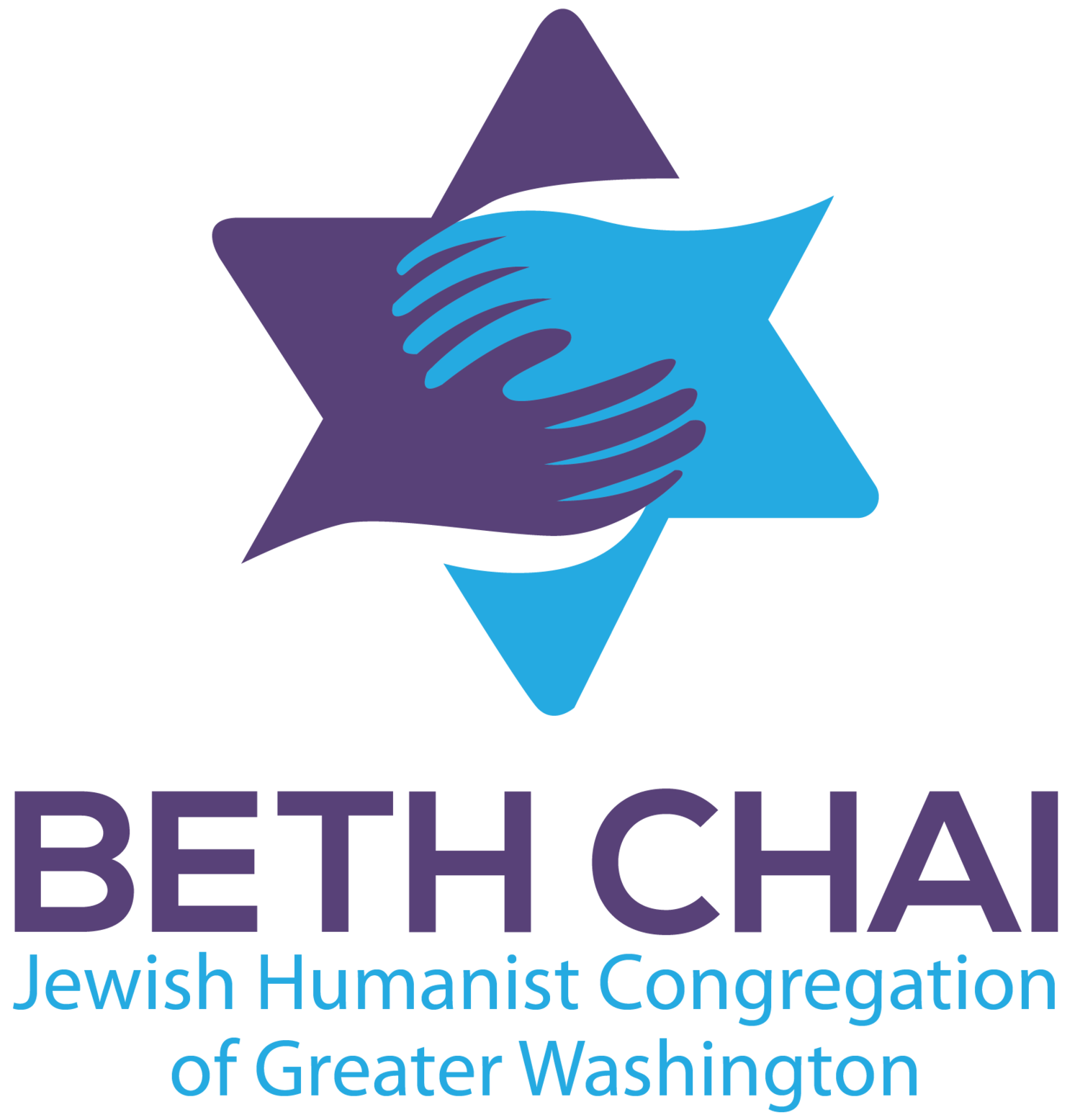The Custom of a Place
Over the past couple weeks, as we have watched the DC government struggle to hold onto a small modicum of self-rule, I have thought often about an important concept in Judaism called minhag hamakom.
Let’s dissect that phrase: Minhag means custom. Hamakom means of the place. Together, minhag hamakom translates into “the custom of the place.” It’s a basic Jewish principle that, when you are in a community, you follow its established customs. Usually, it relates to ritual and matters of daily living. For example, if you attend your nephew’s Bar Mitzvah at a more traditional synagogue, you wear a kippah because that’s the minhag hamakom– it’s what is expected.
Minhag hamakom appears first in the Mishna, one of the earliest rabbinic texts. We read, “One should not act differently (from local custom) because of divisiveness (which could ensue).” Minhag hamakom is a sign of respect and it instills flexibility and tolerance in a society. Implicitly, minhag hamakom signals that an individual community has the right establish its own practices and mores within the bounds of Jewish and civil law. It is based on a deep-seated sense of pluralism and understanding that people deserve a say in how they live.
Minhag hamakom helps to protect us against arrogance. When we respect another person’s or community’s customs, we implicitly acknowledge that their choices have value and worth. We protect ourselves from falling into the trap of valuing our approach over all others. We understand that there’s multiple ways of doing things and we honor their choices.
What’s going on in DC, of course, goes far beyond the scope of minhag hamakom. Still, an outlook of respect for a community’s choices contributes to broader sense respect within a society. I am no social scientist or criminologist, but I’d venture a guess: when people feel respected, policing becomes a whole lot easier and a community becomes generally safer.
